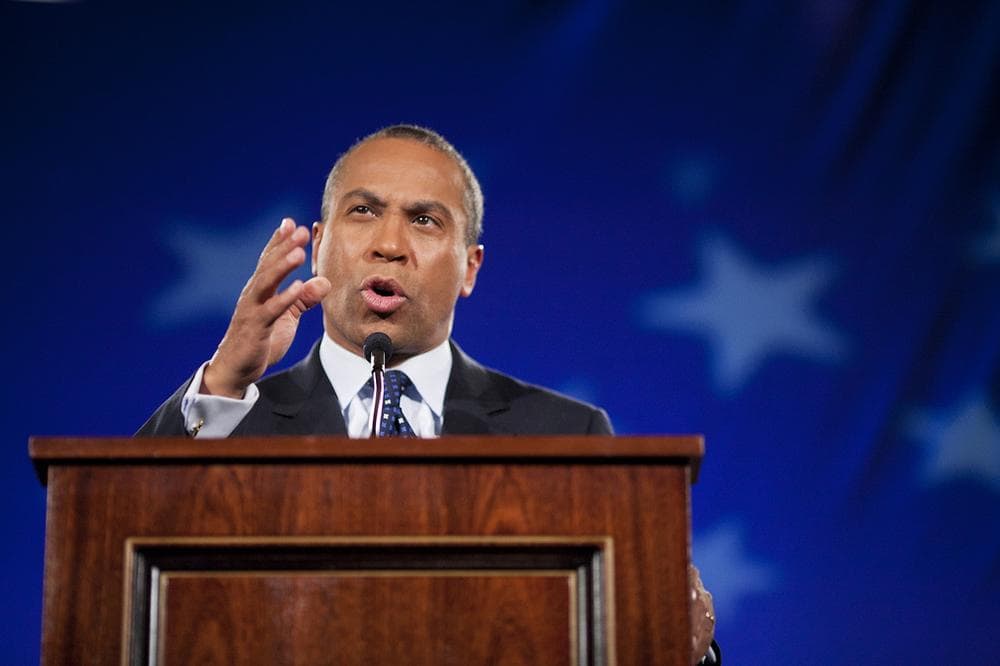Advertisement
Gov. Touts Health Reform: Prevention Up, Smoking & Cervical Cancer Down

-- More businesses offer health insurance to their employees today than before our 2006 reforms took effect, some 78 percent of Massachusetts businesses as compared to the national average of about 69 percent
-- Preventive care is up: more people are receiving cancer screenings, more women are getting pre-natal care and visits to emergency rooms have decreased. 150,000 people have stopped smoking because we expanded coverage for smoking cessation programs. A recent study by the National Bureau of Economic Research documents improvements in physical health, mental health, functional limitations, and joint disorders as a result of increased access to care in Massachusetts. Women, minorities and low-income people have experienced the biggest health improvements.
-- Among Hispanic males, a notably underinsured population in Massachusetts before health care reform, the detection of testicular cancer has more than doubled and the majority of cases are now detected at an early stage.
-- And with wider access to screenings, we’ve seen a 36 percent decrease in cervical cancer in women.
-- Over 90 percent of our residents have a primary care physician, and 4 out of 5 have seen their doctor in the last 12 months.
Patrick then turned to the runaway cost of health care:
All in, spending on health care is $67 billion every year in Massachusetts; so, that means we spend somewhere between $13 billion and $20 billion annually that we need not be spending.
And he detailed some of the actions his administration took to control those costs, including creating limited network plans and rejecting rate increases by private health insurers.
But even with a sweeping, new cost-containment law in place, the governor said the only way to truly attain high-quality, lower-cost care is for government and the private sector to join forces (something that seems increasingly improbable nationally given the current political gridlock, but may have a chance here in the state). Here's what Patrick had to say:
I am a capitalist. I respect the opportunity of people to create jobs and wealth, and have spent most of my working life in the private sector. I can’t imagine a world without the freedom of people to develop and test competing ideas. But I am not a market-fundamentalist. I don't believe the market always gets everything just right. And the health care industry is most certainly not a perfectly rational market. Consumers don’t always know what they are buying, how much it actually costs, or what the intrinsic value or outcome will be. People just don't choose a surgeon the way they do soap. For the sellers in the market there are huge barriers to entry. Most of the major players are not-for-profits. And the product sold or resource allocated by this market is often not optional. The fact is, we made this progress because the private sector and government worked together. And that’s critical to keep in mind.
This program aired on October 18, 2012. The audio for this program is not available.
